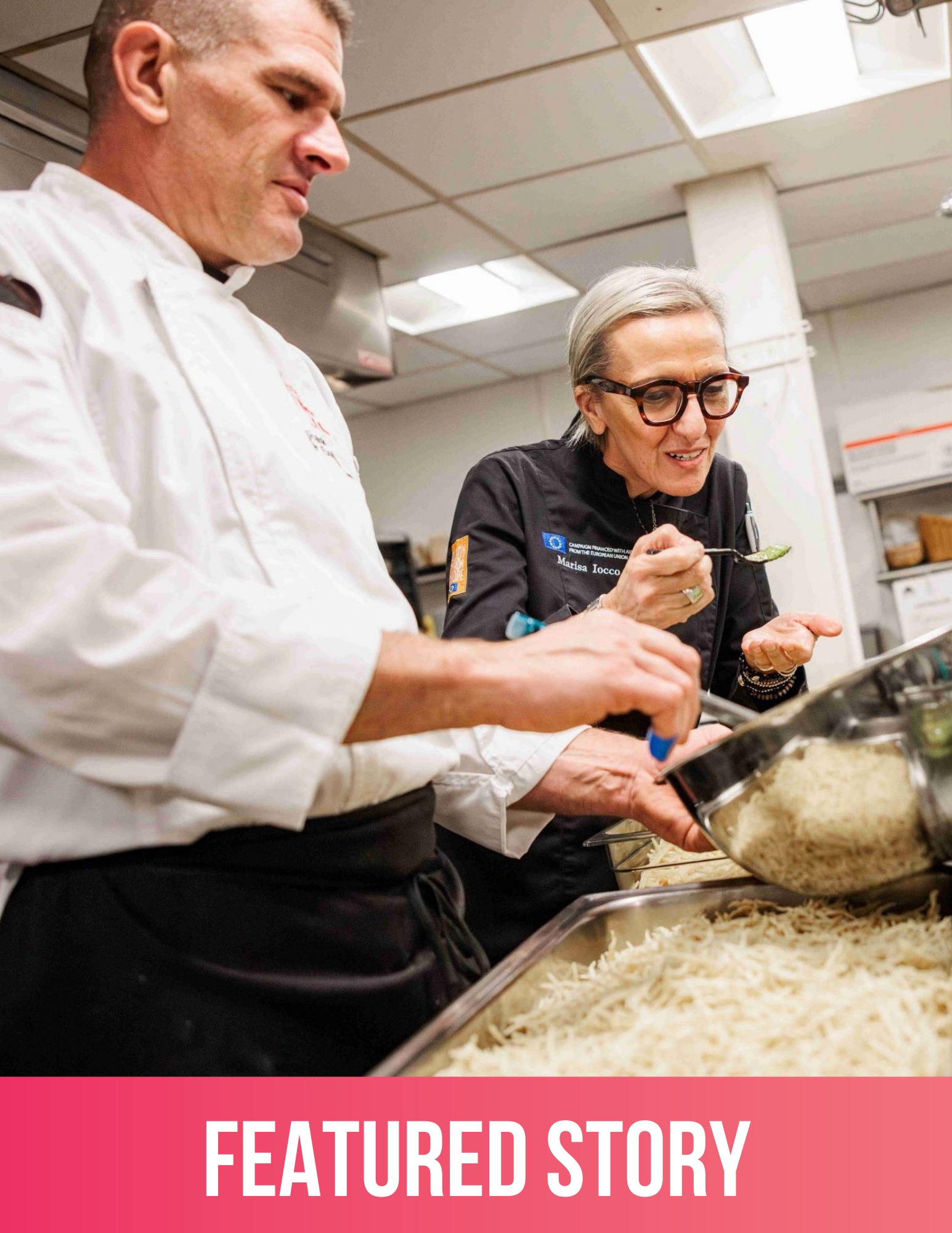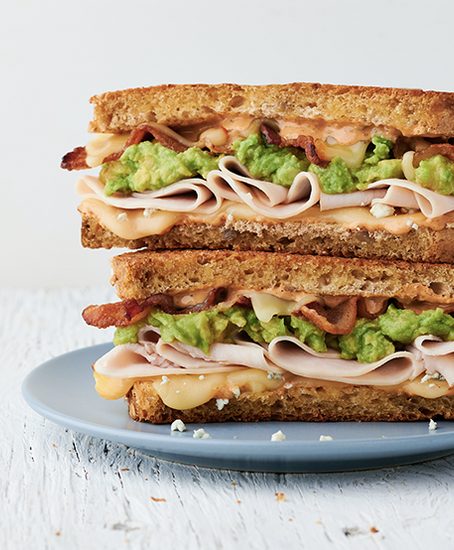Results from first year of Chartwells Higher Education’s exclusive partnership with HowGood show positive correlations between climate labels on menus and sustainable choices
CHARLOTTE N.C., Nov. 1, 2023— Last year, millions of U.S. students started seeing the social and environmental impacts of the food they ate through an exclusive climate labeling partnership between Chartwells Higher Education and sustainability intelligence company HowGood. HowGood has the world’s largest database on ingredient and product sustainability. Today, the companies shared initial results from their partnership, revealing a significant increase in student demand for low-impact meals after HowGood’s climate labels were introduced.
In May 2022, Chartwells partnered with HowGood to measure the overall sustainability of its menu items based on social and environmental impact metrics: greenhouse gas emissions, processing, water usage, soil health, land use, biodiversity, and animal welfare. After Chartwells added climate labels to dining hall menus, student demand for low-impact recipes increased, with Chartwells recording a 37% rise in the production of recipes that received positive ratings from HowGood. Furthermore, in Fall 2022, less than a third of Chartwells’ recipes menued nationwide received positive HowGood scores. One year later, nearly half (44%) of recipes menued nationwide at Chartwells’ partner schools received a positive rating. Chartwells plans to increase this number moving forward as recipe development and innovation will be based on greenhouse gas emissions-reducing potential, as well as nutrition, taste, and cost.
“We were thrilled to be the first and only food service provider to introduce holistic climate labels to university dining halls,” said Monalisa Prasad, Director of Sustainability at Chartwells Higher Education. “The feedback so far from students and campus partners has been overwhelmingly positive. We’re continuing to improve the program by offering a broader range of low-impact menu options and making positive impacts easier to understand through measures like simplified iconography.”
Chartwells’ culinary team is using Latis, HowGood’s proprietary digital platform, to continually improve recipes based on their greenhouse gas emissions-reducing potential. The platform allows Chartwells to test and innovate menu items with comprehensive, ingredient-level insights across all eight impact metrics for over 33,000 ingredients. These measures will help Chartwells and its partner campuses advance their sustainability goals by increasing the menuing of more sustainable meals and helping guests make more informed choices.
“When Chartwells brought us the idea of adding climate labels to the dining halls, we were immediately sold; it was the exact kind of innovative and sustainably-focused thinking we’ve come to expect from Chartwells,” said Julie Bannister, Assistant Vice Chancellor, Auxiliary Services, at The University of Pittsburgh. “Our university’s goal is to be carbon neutral by 2037, and we’re thankful to have a food service partner that not only helps us achieve that goal but empowers our students to make their own decisions that are better for the planet.”
“We have been continually inspired by our partnership with Chartwells,” said Christina Lampert, Director of Growth and Innovation at HowGood. “Their commitment to sustainability can be seen not only in their transparent communications with students but also in their carbon reduction-focused recipe development work. It has been a joy to enable them with the tools they need to do both, and we are so pleased to see such clear results one year into our partnership.”



